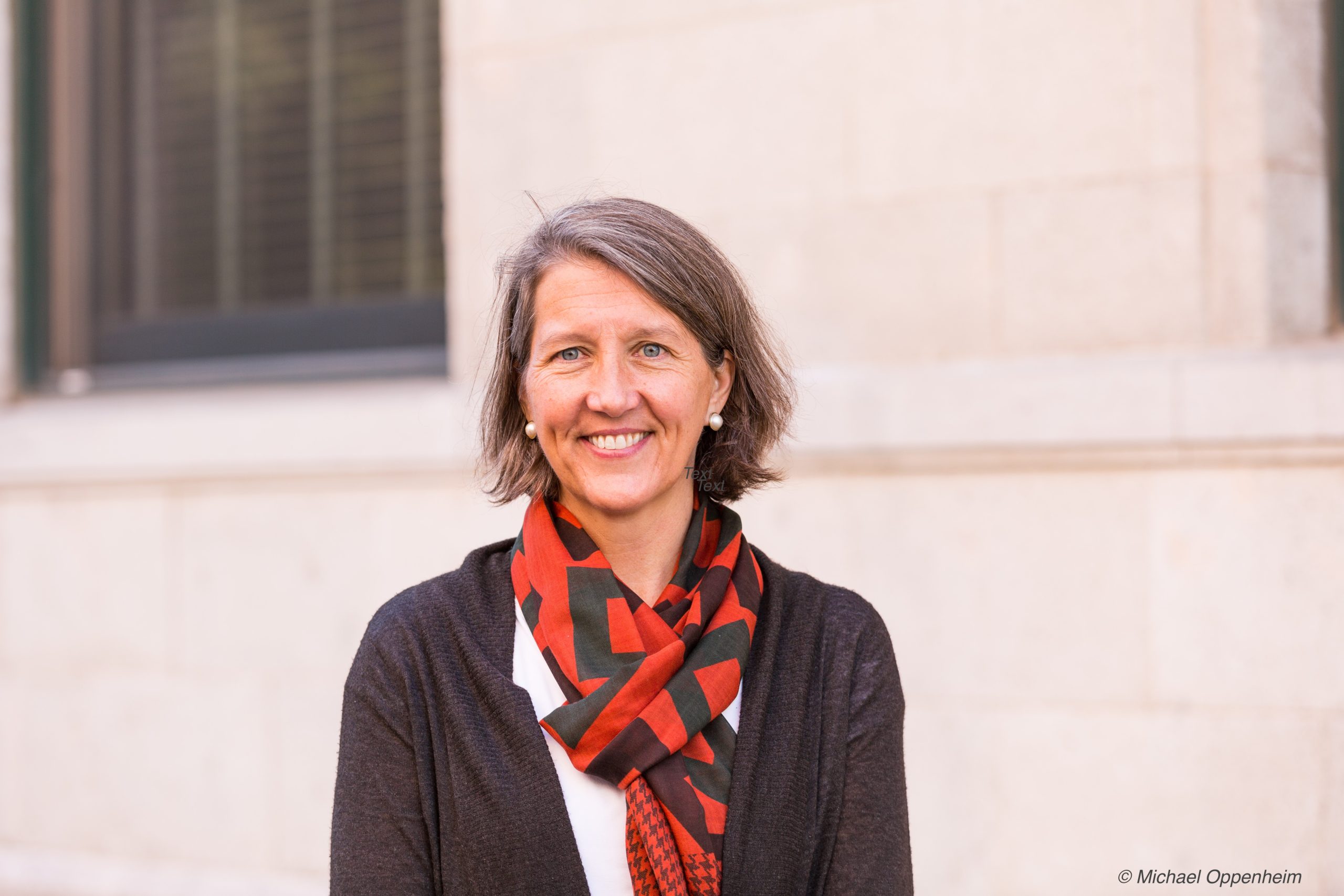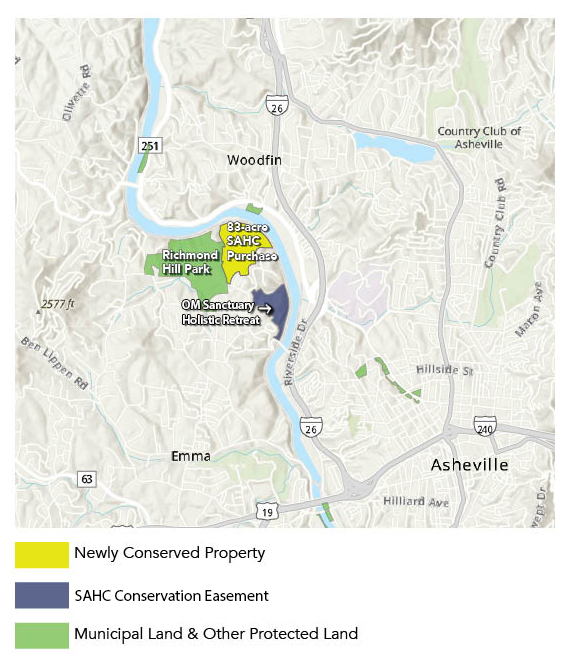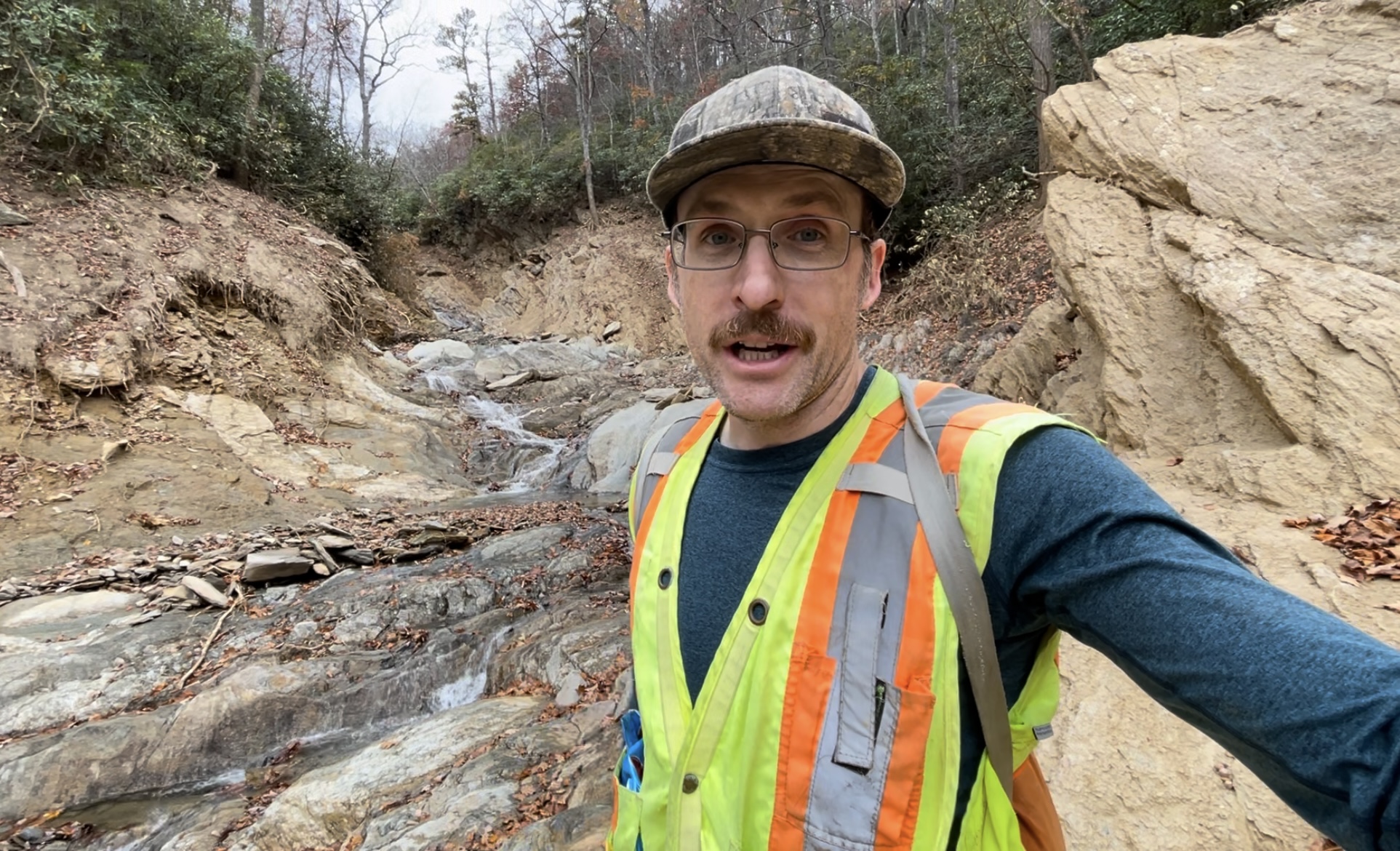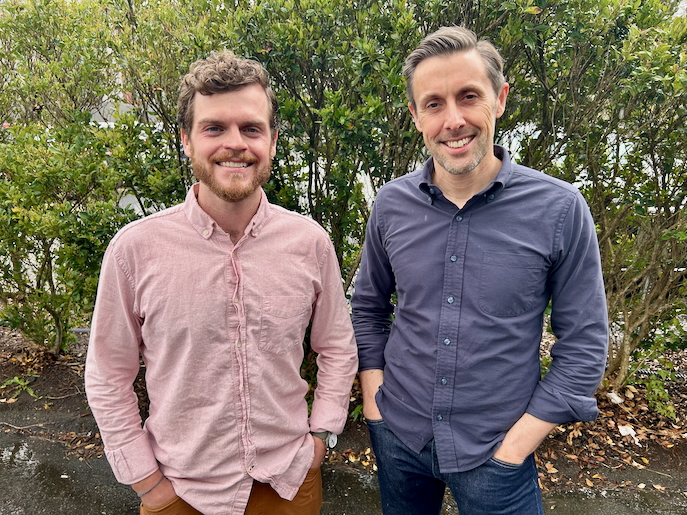Since July, Keith McDade has been developing Warren Wilson College’s new master of science in applied climate studies major. But like so many other aspects of life in Western North Carolina following Tropical Storm Helene, plenty has shifted since he initially set out with designing the coursework.
“Perspective is the thing that changed,” says McDade. “Not to mix devastation with opportunity, but there’s a recognition that this is a moment where we are living in the aftermath of a climate disaster and having to build back after that. The thing that’s different now is that we have experienced and we will continue to experience the aftermath of a disaster.”
Similar to Warren Wilson, UNC Asheville also has new degree programs that invite students to study ways to combat the effects of climate change through a variety of classes and field opportunities.
Xpress recently caught up with faculty from both programs to learn more about how the two institutions are thinking about environmental studies in the wake of Helene.
Finding new ways
In Swannanoa, Warren Wilson’s latest program is an extension of the college’s climate-related courses. Such focus has been a decades-long asset for the college, says McDade, and new leadership wanted the graduate program to expand and consolidate the studies.
Since the storm, McDade says the program’s overall goal has shifted its emphasis on “resilience, postdisaster recovery and rebuilding.”
McDade notes that he and his colleagues have met numerous students or prospective students who “identified their own participation in Helene recovery and mutual aid and recovery efforts” as motivations to further their studies.
“These are personal stories of students working with their neighborhood group or the Swannanoa Grassroots Alliance or a larger project on cleanup,” McDade says. “So many have been active. … We have students who are deeply connected to this community coming to the program.”
The applied climate studies program will offer a range of classes with different focuses related to climate change, including science courses on renewable energy and agriculture. Several will involve data analysis on “people’s perspectives as well as data about atmospheric conditions,” McDade notes.
Other courses will focus on climate justice, economics and policy, examining the ways governance and policy have adversely affected some groups in the climate crisis, including Indigenous people, immigrants, the unhoused and those with low incomes.
In light of the Trump administration’s defunding of climate initiative efforts, McDade says the college’s latest program will also feature entrepreneurial courses that include messaging strategies to reach people with different views, conflict management and ways of getting funding for projects outside of the federal government.
“Personnel, rules and services are being reduced across major federal institutions like NOAA, EPA and the Department of Energy,” he says, referring to the National Oceanic and Atmospheric Administration and the U.S Department of Environmental Protection. “As those changes happen, there needs to be other ways of doing the work, finding ways to build coalitions and working together. [It] will probably take a stronger leadership role, as these other services and budgets and personnel go away. It’s going to be hard. We have a hard road ahead for a handful of years.”
UNCA tackles climate change
Meanwhile, UNCA’s McCullough Institute has partnered with Trinity Episcopal Church and the French Broad River Garden Club for the series “Restoring & Protecting Asheville: Science and Storytelling Show Us How.” The gatherings will feature several speakers on climate issues and resilience.
Casey King, director of UNCA’s Office of Sustainability, says the university hopes to “bring healing” to the community and its students post-Helene. Part of the focus, she adds, is to encourage residents to “think about the ways we’re all recovering.”
Margaret Renkl, author of The Comfort of Crows: A Backyard Year and a New York Times contributor, will deliver a speech titled “Finding Hope in the Age of Climate Change,” Tuesday, April 29, at 10 a.m. in the Blue Ridge Room at Highsmith Student Union.
King’s experience with students since the storm echoes McDade’s: She says students have been invigorated to pursue more climate-related studies, including the university’s new environmental resilience master’s program, which will launch this fall.
“It will prepare people to go in a couple different directions,” King says, including city planning and nonprofit work. “They’ll be able to do some data analytics on information people are getting from disasters, sea level rise, agriculture and transportation planning. It’s aimed at giving people skills in areas of data analytics, geographics, mapping, data GIS — things like that,” referring to Geographic Information Systems.
Other UNCA opportunities to study climate change include an interdisciplinary certificate in sustainability, which allows students to work with other schools and community organizations to study long-term solutions. The McCullough Fellowship Program also awards funding as well as opportunities to complete research projects in one or more of the following areas: land use and conservation; urban planning; sustainable agriculture; resilience; and environmental sustainability.
King thinks the region needs a “well-educated, vibrant” workforce, which the McCullough Fellowship provides. Participants collaborate with organizations such as MountainTrue, Asheville GreenWorks and RiverLink as well as the city and county governments, to get real-life experience in the field.
King, who is currently teaching a class on food systems for a warming planet, says her students have seen things in a new light since the storm.
“I was surprised how positive and energetic the students [were when they] came back in the spring, and how they loved to have a role in the restoration in Western North Carolina and addressing the issues globally with climate change,” King says. “It’s really wonderful. It keeps me going. It really inspires me to see the energy, the focus, the desire to play a role in addressing these issues.”












